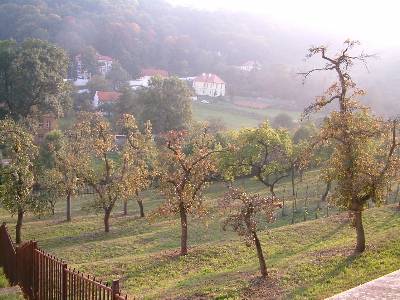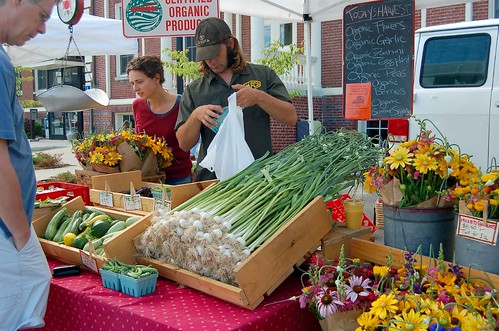Dear OPSEU members,
Looking for something to do on the evening of March 28th? Why not throw an Earth Hour party? The first 30 OPSEU members who submit a photo of their Earth Hour get-together will receive $25 to help with refreshments.
Earth Hour is inspired by the WWF (World Wildlife Fund). The idea is to turn off all your lights between 8:30 and 9:30 p.m. on Saturday, March 28 and be part of a global action that is hoping to reach over one billion people in 1,000 cities. Earth Hour began in Australia in 2007. Check out all the Ontario communities that are participating this year. Ontario Power Generation will be monitoring the electrical grid in Ontario and reporting on the results.
OPSEU’s Executive Board endorsed Earth Hour in 2008. OPSEU turned the lights off in our four owned buildings. OPSEU has signed up again and will extend Earth Hour to as many of our leased offices around the province as possible.
As in 2008, we are encouraging you to flick the switch for Earth Hour (or longer) to share your concern about climate change. You can download and print an Earth Hour participant or party host window sign. OPSEU is going one step further this year and encouraging you to host an Earth Hour party. It could be as simple as a candlelight dessert or a walk in the park. Or perhaps board games or music making?
$25.00 prize criteria
Open to all OPSEU members. Party must have a minimum of five people. A photo should be time and date-stamped and received by email no later than Wednesday April 1 at 5:00 p.m. All lights must be off in the photo. Send your pics to earthhour@opseu.org. The first 30 members to submit their pics will win a prize. We will post the photos on OPSEU’s environmental blog – GreenUnion.
For more information, you can contact earthhour@opseu.org.
In solidarity
Warren “Smokey” Thomas, President
Patty Rout, First Vice-President/Treasurer
p.s. – Don’t forget to take a picture of your Earth Hour party to receive a special thank you prize of $25.00





























 All-Blogs.net directory
Add to Bloglines
Who links to me?
All-Blogs.net directory
Add to Bloglines
Who links to me?